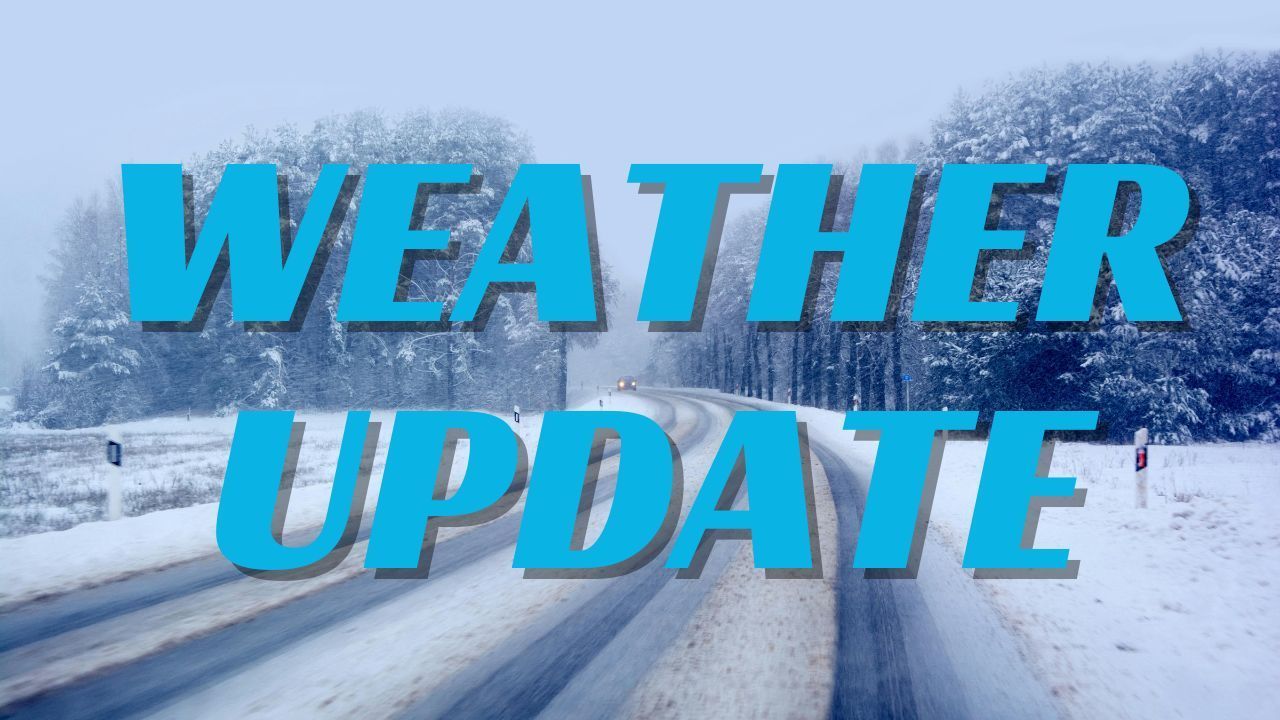Boise, ID – A major weather system is set to impact Idaho early next week, with heavy rain expected in the central mountains and snow at higher elevations, according to the National Weather Service in Boise.
Forecast for Early Next Week
The weather service has confirmed that Idaho will experience a very wet period beginning late Monday, September 29, and lasting through Wednesday, October 1. Forecasters are predicting a 45% chance of rainfall exceeding 1 inch across central Idaho, with heavier-than-usual rain expected in the mountainous regions.
Rain and Snow Expected Across the Region
The heaviest rainfall is forecast to hit the Boise and Sawtooth Mountain ranges, with storm totals potentially higher than typical autumn weather patterns. Snow is expected to fall at elevations above 8,000 feet, meaning higher peaks could see early-season snowfall.
“Residents in mountain communities should prepare for potential snow and difficult travel conditions in higher elevations,” warned a spokesperson from the National Weather Service.
Risk of Flash Flooding and Debris Flows
Weather officials have raised concerns about the impact of the storm on areas affected by recent wildfires. Heavy rainfall in these regions could trigger flash flooding and debris flows, particularly around wildfire burn scars. Residents in these areas are urged to stay alert to potential hazards.
Areas to Watch:
- McCall, Mountain Home, Twin Falls, and Pocatello should expect heavy rain and possible travel disruptions due to slick roads and limited visibility.
Safety and Travel Advice
With the storm approaching, local authorities are advising both residents and travelers to stay updated on the latest weather forecasts. Additional watches and warnings may be issued as conditions worsen.
“It’s crucial for travelers to monitor road conditions and make alternate plans if necessary,” said a spokesperson for the National Weather Service.
Conclusion
As the weather system moves into Idaho, residents and travelers are urged to prepare for heavy rain, mountain snow, and potential travel delays. Staying updated on weather conditions and planning ahead will be key to avoiding disruptions and ensuring safety in the coming days.
What do you think of this weather alert? Share your thoughts in the comments below.




